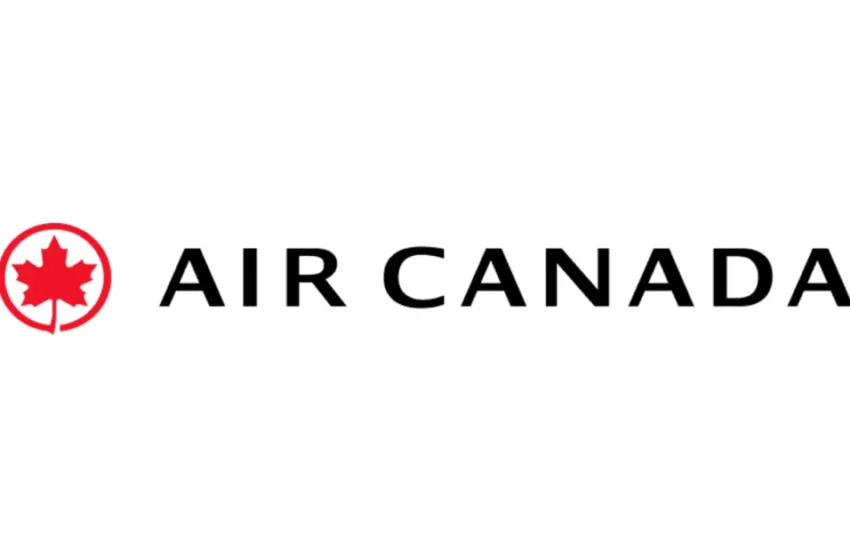Air Canada strike: What travellers need to know

Air Canada warns of possible shutdown amid flight attendant strike.
Air Canada has warned of a possible nationwide shutdown after declaring an impasse in contract talks with its flight attendants. The looming labour dispute, which could see more than 9,000 cabin crew walk off the job, threatens to disrupt travel plans for thousands of passengers across Canada and internationally.
Why Air Canada and Flight Attendants Are at Odds
The dispute centres on wages, scheduling, and working conditions. Flight attendants, represented by the Canadian Union of Public Employees (CUPE), say their pay has not kept pace with inflation and that current scheduling rules lead to fatigue and burnout.
Air Canada says it has offered “competitive wage increases and work-life balance improvements,” but union negotiators argue the proposals fall short of industry standards. After months of talks, both sides have reached a deadlock, prompting the airline to request government mediation.
Possible Shutdown and Strike Timeline
If no agreement is reached, the airline could lock out flight attendants or face a full strike. Under Canadian labour law, a 72-hour strike notice is required, meaning passengers could have very little time to adjust their travel plans once a notice is issued.
Air Canada has warned that a work stoppage could force it to cancel most or all flights until the dispute is resolved. This would be one of the most significant disruptions in the airline’s history, affecting domestic, transborder, and long-haul international services.
How the Strike Could Affect Travellers
Passengers could face widespread flight cancellations, delays, and rebookings. Those with upcoming trips should:
- Monitor their email and Air Canada’s flight status page for updates.
- Consider booking with alternative carriers if travel is urgent.
- Review refund and rebooking policies before the strike deadline.
Under Canadian transportation regulations, travellers are entitled to a full refund if their flight is cancelled due to a strike and they choose not to be rebooked.
READ ALSO
David Zervos and other potential candidates for the Fed Chair – What to know
H-1B visas: What proposed weighted system could mean for US workers and employers
Government and Industry Response
The Canadian federal government has not ruled out back-to-work legislation to prevent or shorten a strike, but so far, officials have urged both sides to continue negotiating. The dispute comes during a busy travel season, with high demand for flights following peak summer travel.
Industry experts warn that even a short shutdown could lead to weeks of scheduling chaos as crews and aircraft are repositioned. Competing airlines could see a surge in demand, driving up ticket prices for last-minute travellers.
What Travellers Should Do Now
With uncertainty hanging over the negotiations, travellers are advised to take proactive steps:
- Book flexible tickets that allow changes without heavy penalties.
- Arrange travel insurance that covers labour disruptions.
- Prepare contingency plans, especially for essential or business travel.
Air Canada has stated it will provide regular updates via its website, app, and email alerts as the situation develops.
The coming days will be crucial in determining whether Canada’s largest airline faces a crippling shutdown or reaches a last-minute deal. For now, travellers should stay informed, act early, and be prepared for changes.

